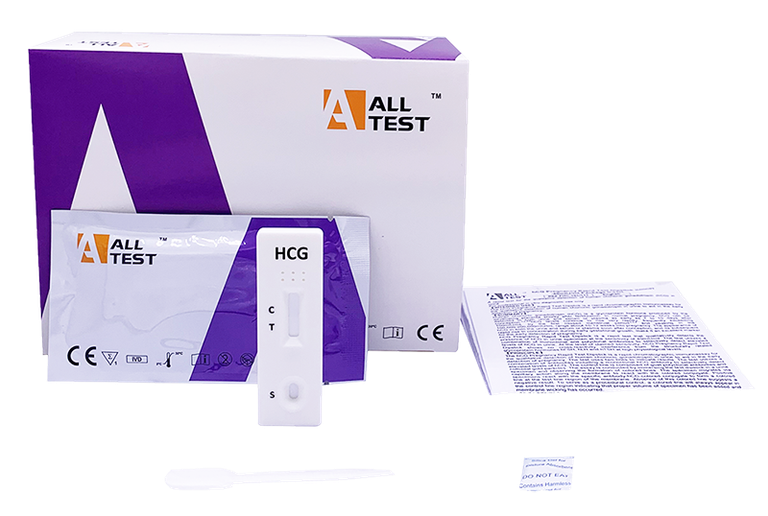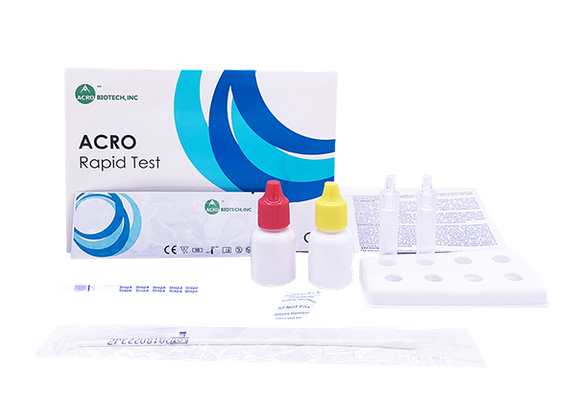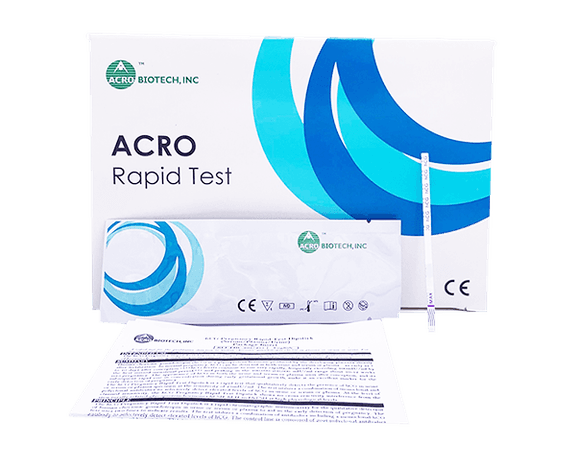Clinical utility of faecal immunochemical testing at point of care for risk stratification of symptomatic patients
Recently published study by Maclean et al. investigated the diagnostic accuracy of point of care faecal immunochemical testing (POC FIT) for risk stratification of patients with bowel symptoms. POC testing of symptomatic patients remove the need of sample delivery and processing in laboratory and enables decision making and risk stratification within one consultation. The study objective was to confirm that QuikRead go iFOBT could be safely used as an adjunct in the triage and management of 2-week wait (TWW) colorectal patients. TWW referral pathway is in use in UK to ensure that all patients with suspected colorectal cancer (CRC) will have an appointment with hospital specialist within 14 days of any initial visit at the general practitioner.
Patients who were referred to TWW pathway were invited to participate to the study. Of these, a total of 553 patients provided samples for FIT. Consulting physician conducted the QuikRead go iFOBT test during a patient visit. The results were compared to colonoscopy and CT colonography, which are considered to be the gold standard for diagnosing CRC. With a cut-off 10 μg/g, QuikRead go iFOBT had 92.9 % sensitivity, 70.1 % specificity, and 99.7 % negative predictive value (NPV) for CRC. With higher cut-offs (100 and 150 μg/g), specificity improved with the cost of sensitivity. The area under the curve (AUC) was 0.92 for CRC.
The study concluded that QuikRead go iFOBT performs well in identifying patients with CRC. The sensitivity is comparable to the laboratory-based FIT of previous publications. The results state that POC FIT can effectively filter and triage referrals. It can rationalize investigations, cut costs, and protect endoscopy and radiology capacity.
Read the original article: https://pubmed.ncbi.nlm.nih.go...


